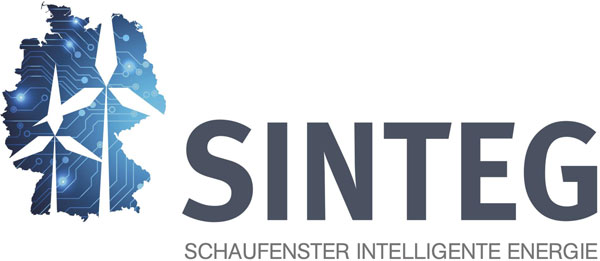In the course of the energy turnaround, the demands on employees in the energy sector are changing. New contents, new fields of activity and new job descriptions are emerging. The associated challenges, previous findings and concepts for the future were discussed by experts from the SINTEG showcases* over the last few years in a separate working group “Energy professions in transition”. Subsequently empirica summarised the results of the working group meetings in a report. In particular, the report also describes options for action on how decision-makers can meet the requirements for education and training in the energy sector. These also include the proposal for an “Online Marketplace for Continuing Education for Energy System Transformation (MWE)” with a concept for an operator and provider model. The report was released in October 2020 and is available to the public.
—In German
Im Zuge der Energiewende ändern sich die Anforderungen an Beschäftigte im Energiesektor. Neue Inhalte, neue Tätigkeitsfelder und neue Berufsbilder entstehen. Die damit verbundenen Herausforderungen, bisherigen Erkenntnisse und Konzepte für die Zukunft diskutierten Expertinnen und Experten aus den SINTEG Schaufenstern*) über die letzten Jahre in einer eigenen Arbeitsgruppe „Energieberufe im Wandel”. Im Anschluss fasste empirica die Ergebnisse der Arbeitsgruppentreffen in einem Bericht zusammen. Insbesondere beschreibt der Bericht auch Handlungsoptionen, wie Entscheidungstragende den Anforderungen für Aus- und Weiterbildung im Energiesektor begegnen können. Diese beinhalten auch den Vorschlag für einen „Online Marktplatz Weiterbildung für die Energiewende (MWE)” mit einem Konzept für ein Betreiber- und Anbietermodell. Der Bericht wurde im Oktober 2020 freigegeben und ist für die Öffentlichkeit verfügbar.
*) SINTEG is a programme that drives forward the digitisation of the energy industry and supports the transformation of energy systems. It was initiated by the Federal Ministry for Economic Affairs and Energy. SINTEG practice tests are being conducted in five model regions across Germany to look at how the smart energy supply of tomorrow can be designed, and how a smart energy system can be established. Experts are using the model regions to develop and test new technologies, processes and business models and to design solutions for the technical, economic and regulatory challenges created by digitising the energy sector. Blueprints are being developed for how to digitalise the energy industry, which can then be applied all over Germany and throughout the world.
